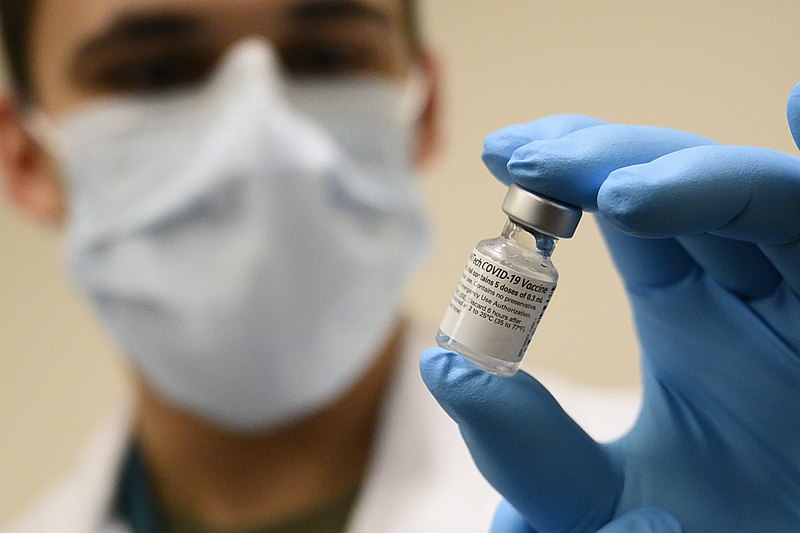
Si bien es cierto que es parte de la naturaleza del ser humano mostrar reticencia frente a nuevos tratamientos m icos, o al uso de mascarillas o vacunas, es necesario aprender de la historia y descubrir que, a veces, se deben hacer sacrificios en pro de un bien com
